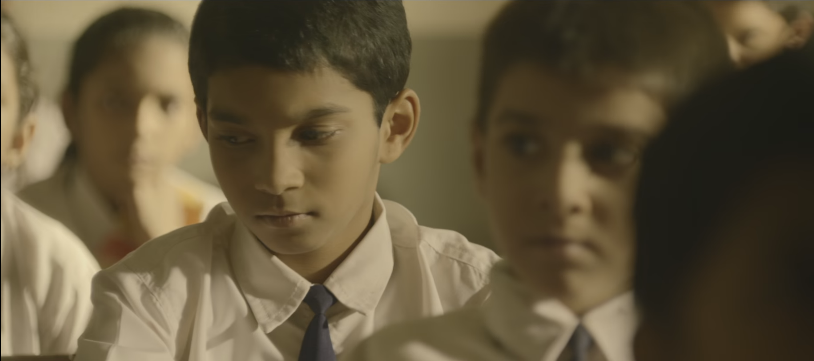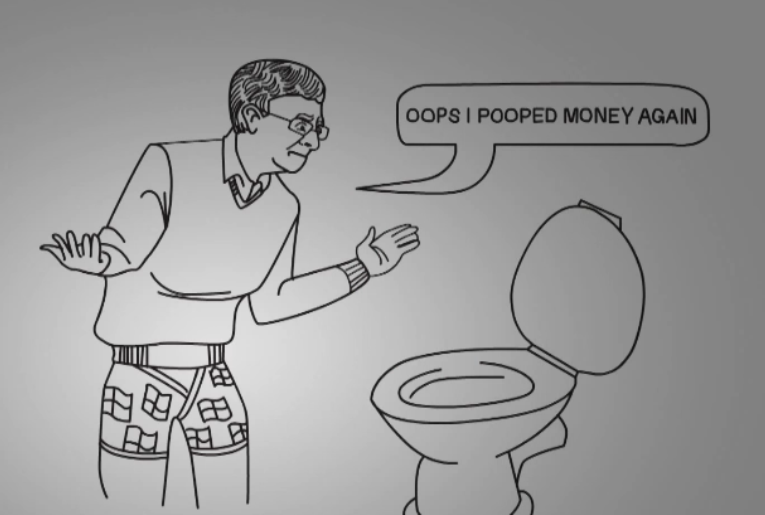On our way through this life, we meet many different people, all of whom are absolutely unique. Some people leave us indifferent, some people make us fall in love with them for the rest of your life. Family psychologist Irina Chesnova tried to explore why different people cause such different reactions in us. We found what she had to say really insightful.
Images of the past
Sometimes it is hard to understand why you are interested in that specific person, why you are so attracted to them. Your choice, for the most part, is caused by instinctive and often unconscious things. Somewhere deep inside, you keep images of people who played a part in your formative years, in making you who you are today. These are images of parents and relatives that left their mark on your destiny.
These images are often a mixture of reality and childhood imagination. We associate these images with love — the love which we received and understood when we were children. When a random person we meet somehow coincides with those images and wakes these dormant memories of our earliest and most dear relationships, we cannot simply pass them by or remain indifferent. We are intrigued, excited and very soon it’s likely that we will fall in love.
Childhood wounds
The idea exists in psychology that the partner we choose is an improved version of one of our parents. That person will typically to some extent remind us of our parents in certain specific way- and that’s why we know how to get along with them. At the same time however, other parts of that person do not even remotely remind us of out parents — and that feels good.
If you lacked love in your relationship with either your mom or your dad, this theory claims, you will inevitably try to overcome that deficit of attention in the relationships you establish with new people in your adult life, at a subconscious level. That’s why we often choose somebody who seems to be able to heal the wounds we received in childhood. These new connections help us achieve our psychological needs, expectations, hopes and dreams, and retrieve everything we once lacked. They give us love, protection, recognition, admiration, and sometimes independence, self-confidence and perfection.
This is a very interesting idea indeed: for there is something about our partners that invariably makes us feel ’at home’. We feel that we can truly relate to them; that they complement us, give us something we have always lacked up to that point. They have qualities that we don’t find in ourselves but long to have present in our daily lives. We also complement them. He is strong and decisive, and you are lacking hardness. She is wise, and you are impulsive. He is restrained, and you are spontaneous.
I cannot remember where I read this, but it certainly rings true: ’People «fit» each other like pieces of a puzzle. Where one curves out, the other curves in.’
Do people with different characters complement each other? According to this logic, if I have a limp in my right foot, and you one in your left foot, together we can walk faster, or even run. In contrast, the history of many marriages reveals that harmonious relationships are founded on similarities rather than differences between the partners. When couples have similarities in the following three areas, then their relationship has a great deal of potential.
First — warmth and coldness, in terms of temperament. If a man is hot-tempered, his partner has to be ’hot’ as well. And vice versa.
Second — the level of openness. Two very reserved people understand each other much better than a very open and one very private person.
Third — the jealous type. Jealous people understand each other really well. Their relationships can be very passionate, but turn out to be stronger and last longer than a relationship between a non-jealous person and a jealous partner.
A partnership between two non-jealous people has more potential than a mixed relationship. I’ve never found any studies, however, that proved that different people complement each other.
Vadim Petrovsky, psychologist.
This is similar to a play you might see at the theatre. We choose those who are able to effectively play a role in our play, with whom we find common ground. We choose those who know the plot of the play. Just like at the theater, not all love stories finish with a happy ending. Sometimes it turns out to be a drama, or even a tragedy. Everything depends on the plot that your partner and you are writing together.
Discovering each other
The relationship between two people is a living organism that is constantly developing and can sometimes get ill. It can recover from being sick, or it can eventually die. At the beginning of a relationship, we are submerged in our feelings, and we don’t see any flaws in our partners. They appear ideal to us. But sooner or later, the spell wears off, and we see a regular person who is not always entirely similar to us, with their own weaknesses and flaws.
There are two ways to deal with this. You can break up with them, disappointed, and start to search for a new, ’ideal’ person. Or we can learn how to compromise, respect differences, accept imperfections and recognise each other’s right to not be ideal. It’s very important not to try to change your partner, and not to lose sight of their virtues. They have qualities you can rely on during your life together, and it was these qualities which attracted us to them at some point.
There is nothing more important than being able to see the good qualities of your partner that we personally lack. Then you can build a relationship where each person supports the other. Try to amass a collection of the ways in which you can cope together with your difficulties at the same time that you accumulate that precious collection of warm memories, moments of happiness and love. Let the grievances and disappointments go — you don’t need a collection of them.
The secret of successful and happy partnerships is communication, agreeable interaction (without blaming each other for things; without manipulation or accusations) as well as a mutual desire to compromise and a readiness to speak about pain and conflict. It is found in the ability not to stay quiet about problems and merely cope with negative feelings (yours and theirs), and instead in the ability to ask for, accept, and give support, rejecting things that don’t work for you whilst respecting each other’s rights.





